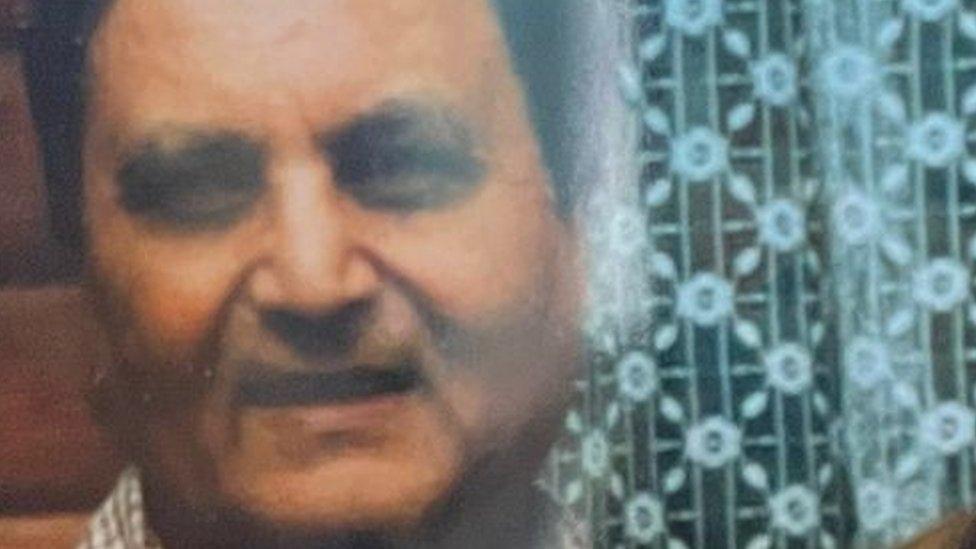Zane Gbangbola: Concern over experiments near home of boy who died
- Published
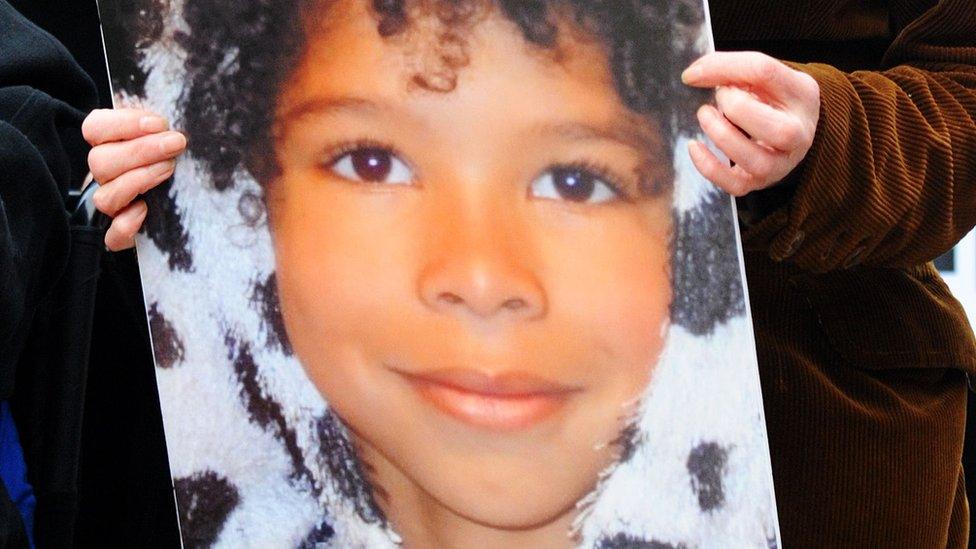
Zane Gbangbola died at the age of seven during floods in Chertsey in 2014
Archives show a landfill experiment took place in the 1960s near the home of a seven-year-old boy who died in 2014 amid claims that he was poisoned.
Zane Gbangbola's parents say he was killed by toxic gas from the dump after the River Thames burst its banks.
However, a coroner ruled that he died from carbon monoxide from a petrol-powered pump used to clear flood water.
Zane's father said he had previously called for tests on the land to ascertain what materials went in it.
The BBC saw details of the experiment in open files but was refused access to further papers by Spelthorne Council.
In 2016, Surrey coroner Richard Travers concluded the boy died from carbon monoxide from the petrol-powered pump which was used at Zane's Chertsey home as large swathes of Surrey were flooded.
Zane's parents, Kye Gbangbola and Nicole Lawler, said the pump was not used. They have accessed public health documents that stated firefighters found hydrogen cyanide in their home, but no carbon monoxide.
And they also said they knew about the experiment but not what went into the land, which is why they previously wanted it to be tested.
Mr Gbangbola and Ms Lawler are meeting Justice Secretary Alex Chalk and Labour MP Richard Burgon over the case.
'Lost history'
Mr Gbangbola said: "We've been aware [of the experimental lagoon] for some time, and there's a number of issues over the years where harm has been generated as a result of whatever is in that land. That's simply why we asked for the land to be tested all that time ago.
"Our only understanding is that it's listed from 1962 and the materials we don't know, so the only way to ascertain what is in that land is to test it."
Archives showed Middlesex County Council had aimed to pump out a flooded lagoon that was already being used as a tip, fill it with 30,000 tonnes of refuse and restore it to farmland. The experiment, on a floodplain, failed twice and was eventually abandoned.
Mr Gbangbola said the experiment was no longer common knowledge in the community, adding: "It may be a lost history, but it is totally known to the authorities."
However, health concerns have also been raised over similar experimental tipping, two miles away at Thorpe.
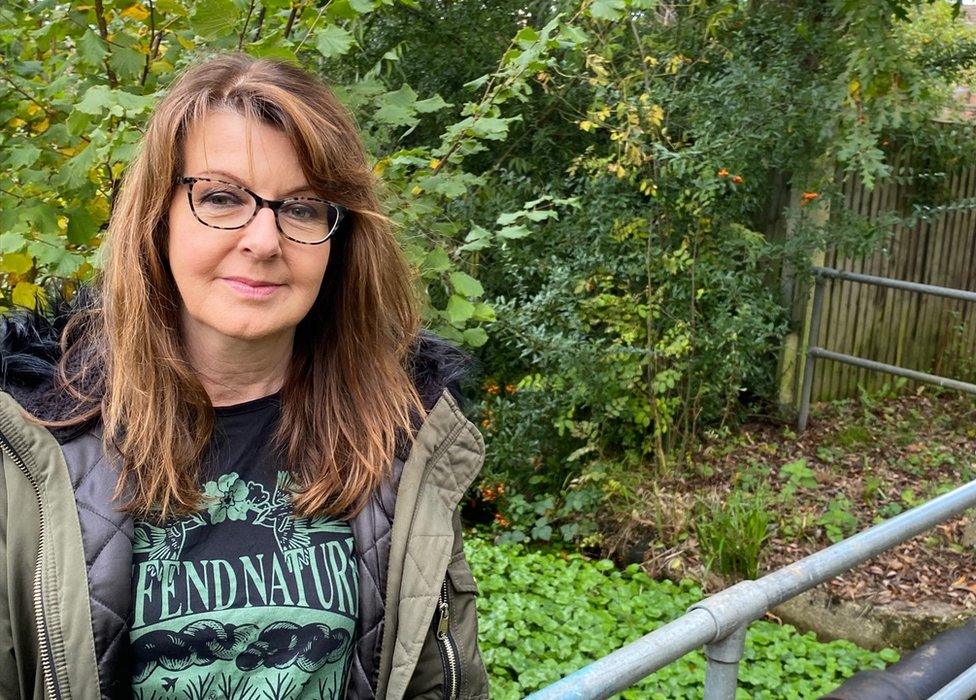
Anne Emerson grew up next to the Mead Lake Ditch in Thorpe which she said flowed in and out of a gravel pit
At Thorpe, in the 1950s, several councils and government departments were involved in a scheme where worked-out, flooded gravel pits were filled with household refuse, industrial material, power station ash and material from private hauliers. One pit, known as Pit C, could take waste from military organisations.
In 2002, former Runnymede MP Philip Hammond revealed problems with leachate (contaminated water from landfill) had continued for the next 40 years, external. He declined to comment to the BBC.
Anne Emerson's childhood home backed on to the Mead Lake Ditch, a stream that flowed into the Thorpe pits. Occasionally it flowed the opposite way, when residents would say "they are flushing out the gravel pits". She said it was something people accepted. She said at one time it was possible to row a boat along the stream and into the gravel pits at the end of the road.
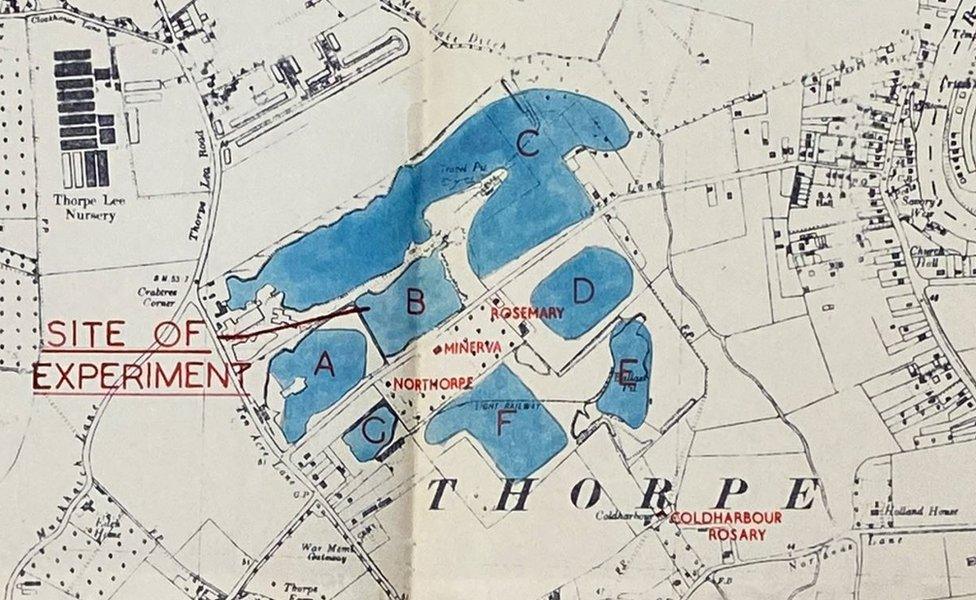
Anne Emerson said it was possible to row a boat along the Mead Lake Ditch and into a gravel pit at Thorpe
Ms Emerson, now 60, has since moved to Ottershaw. She said she has suffered from autoimmune and thyroid issues for decades, but her thyroid condition has only recently been diagnosed.
She raised concerns because every winter the stream flooded their garden, where her family grew vegetables, and her fear now is the water was contaminated.
Ms Emerson, who studied plant science and genetics at Oxford University, said she learned about the Egham Experiment last autumn after speaking to Michele Haider, whose father died from a rare cancer after farming contaminated allotments in Chertsey.
Runnymede council, which covers Thorpe, said the only way to ascertain the status of the garden was for a resident to carry out private investigations on their land.
Any council investigations would in the first instance look at the actual source of potential contamination, which would inform any need for more widespread investigations, they said.
A spokesman for Runnymede council said: "Whilst this would not be something that we could assist with currently, we would be happy to assist the resident with her own plans in an advisory capacity.
"The former Egham Experiment site is one of our many potentially-contaminated land sites which, when resources and funding allow, will be investigated in order of priority."

Zane's parents, Nicole Lawler and Kye Gbangbola, have called for an independent panel inquiry
At Chertsey, details of the experimental lagoon were held in open records, but when the BBC submitted a freedom of information request to Spelthorne council for more details, reporters were notified of a non-disclosure undertaking following the Zane Gbangbola inquest and referred to the coroner.
Zane's parents also said they were unable to talk about inquest material for legal reasons. Ms Lawler said the couple initially refused to sign a confidentiality agreement but eventually did so "under duress". She said they felt "silenced".
A coroner's spokesman said: "With regards to any undertakings from Zane's family and from Spelthorne Council, our understanding is that any such undertakings would have been limited to dealing with copies of the audio recording of the inquest."
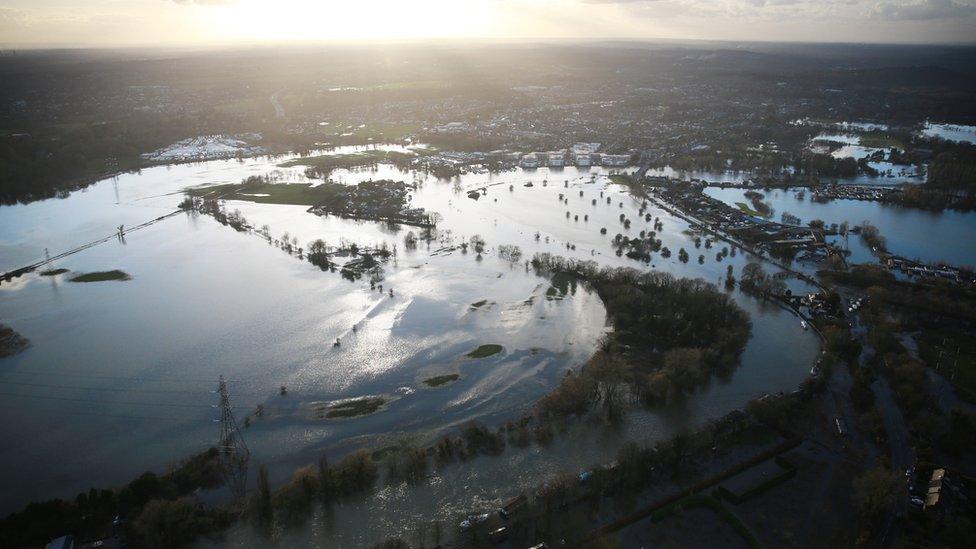
Chertsey was hit by devastating floods and the Thames burst its banks in 2014
Chief coroner's guidance, external to coroners states that any recordings of inquests provided must be accompanied by a written notice advising that misuse may be Contempt of Court. The guidance includes a specimen "warning notice".
Following an approach to Mr Travers for more information on the landfill experiment, the BBC was advised to apply to the court for a recording of the inquest. The BBC is making a formal application.
However, the coroner's public report on Zane Gbangbola said Spelthorne had provided a history of the land since 1950 including licences and permissions for landfill use and said "inspections had revealed no significant polluting incidents".
Three Sussex authorities - Lewes District Council followed by Brighton and Hove City Council and Adur District Council - recently backed Zane's Law.
It followed a campaign by the family for legislation to provide greater transparency over contaminated land, named after their son.

Follow BBC Surrey on Facebook, external, and on X, external. Send your story ideas to southeasttoday@bbc.co.uk, external or WhatsApp us on 08081 002250.
- Published20 February 2024

- Published8 February 2024
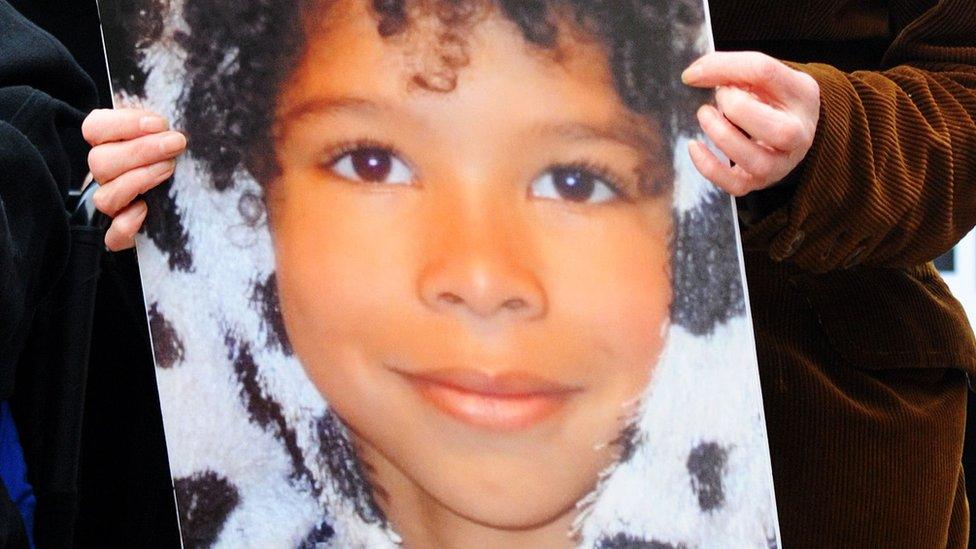
- Published29 November 2023
